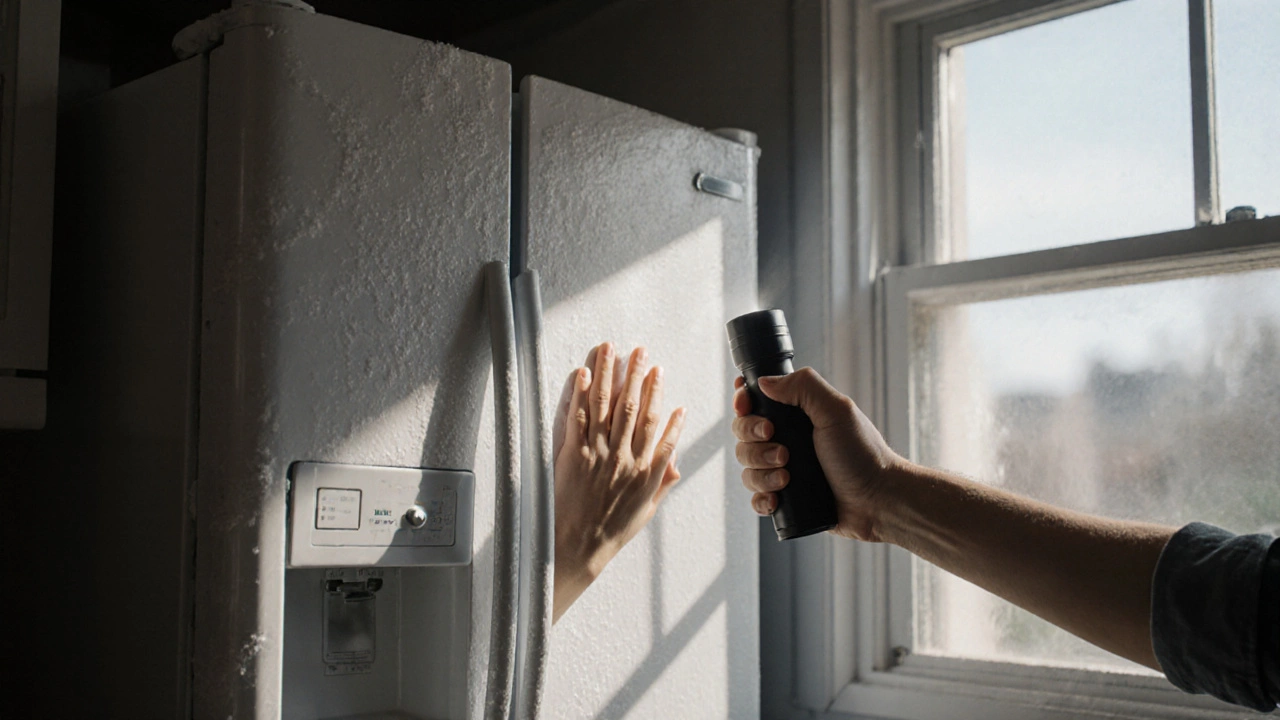Energy Efficiency for Home Appliances – Practical Tips to Cut Bills
Ever looked at your energy bill and wondered why it’s so high? Most of the cost comes from the appliances you use every day. The good news? Small tweaks can make a big difference. Below you’ll find easy, no‑nonsense advice that lets you keep the fridge running, the washing machine humming, and the heater warm without blowing your budget.
Why Energy Efficiency Matters
Every kilowatt‑hour you save reduces your expense and your carbon footprint. Older appliances often waste power because of worn‑out parts, bad seals, or outdated technology. By keeping them in good shape or swapping out the right components, you get more heat, water, or cleaning power for less electricity. In short, efficient appliances = lower bills + greener home.
Quick Wins for Common Appliances
Hot water heaters are big energy users. If the reset button trips often, it could mean a failing thermostat or sediment buildup. Flushing the tank once a year and checking the temperature setting (around 120°F/49°C) can slash consumption by up to 10%.
Electric ovens and hobs waste heat when the element is cracked or the control board is glitchy. Replacing a faulty heating element or cleaning the burner ports restores heat efficiency. A clean oven door seal also keeps heat inside, meaning your oven doesn’t have to work harder.
Washing machines use a lot of water and electricity, especially on hot cycles. Turn to a 30°C wash whenever possible, and clear the filter regularly so the pump runs smoothly. If the machine is over 10 years old, weigh repair costs against a modern, A‑rated model that could cut energy use by half.
Refrigerators lose efficiency when door seals are cracked or the coils are dusty. Wipe the coils every six months and replace worn gaskets. Keep the fridge away from heat sources and set the temperature to 3–4°C for the fridge and ‑18°C for the freezer.
Extractors and fans might seem minor, but a noisy, poorly serviced fan wastes electricity and reduces airflow. A quick cleaning of the blades and motor, or a replacement of a worn belt, restores the original performance and saves power.
Beyond repairs, consider smart habits: unplug chargers when not in use, use timers for heaters, and run dishwashers only when full. These easy actions add up quickly.
When you’re unsure whether to fix or replace, ask yourself three questions: Is the repair under 30% of a new unit’s price? Will the repaired appliance meet current energy‑rating standards? Does it still meet your daily needs? If the answer is “no” to any, start looking for an A‑ or A+++ rated replacement.
Keeping your appliances in top shape not only saves money but also extends their life. That means fewer trips to the dump and less waste ending up in landfills. So the next time a part trips, whistles, or runs hot, treat it as an opportunity to boost efficiency rather than a nuisance.
Ready to start saving? Pick one appliance from the list above, give it a quick inspection, and apply the tip that makes the most sense. You’ll notice a lower bill before you know it, and you’ll feel good knowing you’re doing your part for the planet.
What Is Appliance Standard? Understanding Regulations That Keep Your Home Appliances Safe and Efficient
0 Comments
Appliance standards are legal rules that ensure your home appliances are safe, energy-efficient, and reliable. Learn what they cover, how to spot compliant products, and why they matter for your safety and bills.
Read More7‑Year‑Old Fridge Freezer: Repair or Replace? A Practical Guide
0 Comments
Find out if repairing a 7‑year‑old fridge freezer makes financial and environmental sense. Get cost comparisons, energy tips, and a step‑by‑step decision checklist.
Read MoreDoes Turning Your Boiler On and Off Damage It? Real Answers for Kiwi Homes
0 Comments
Are you ruining your boiler by turning it on and off? Find out if that's really the case, backed with expert tips, practical stats, and actionable advice on keeping your boiler healthy.
Read More

